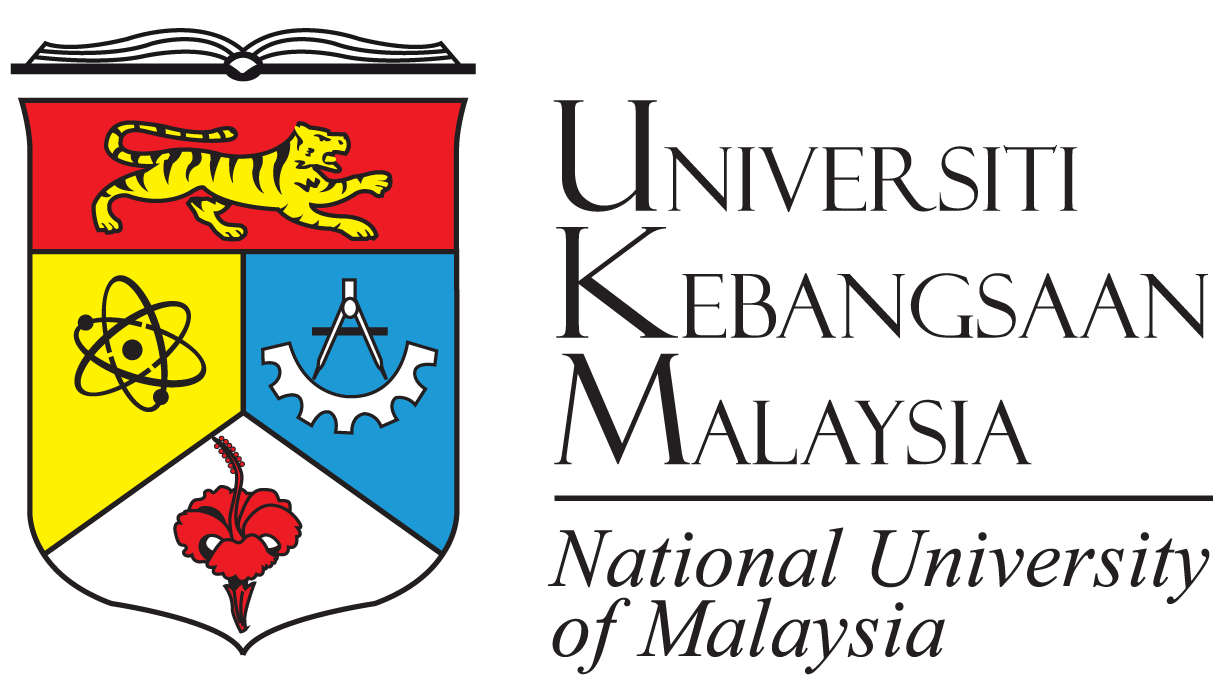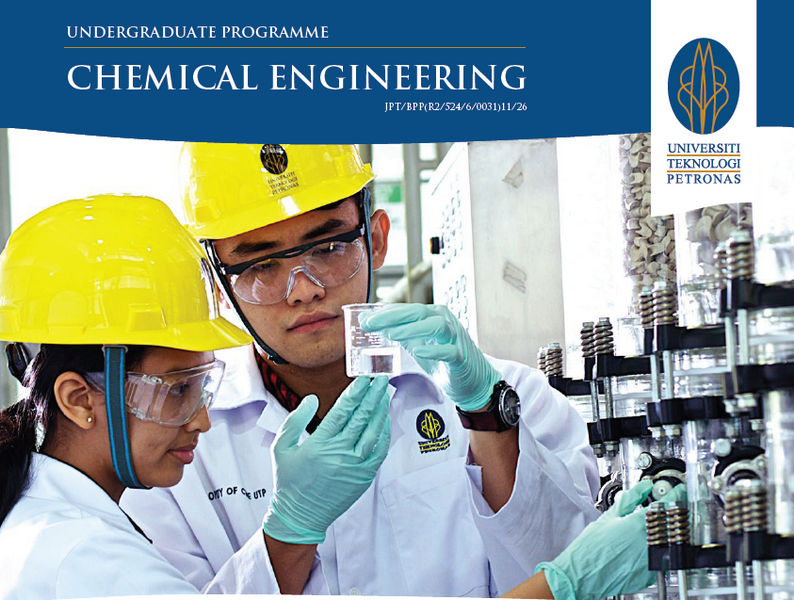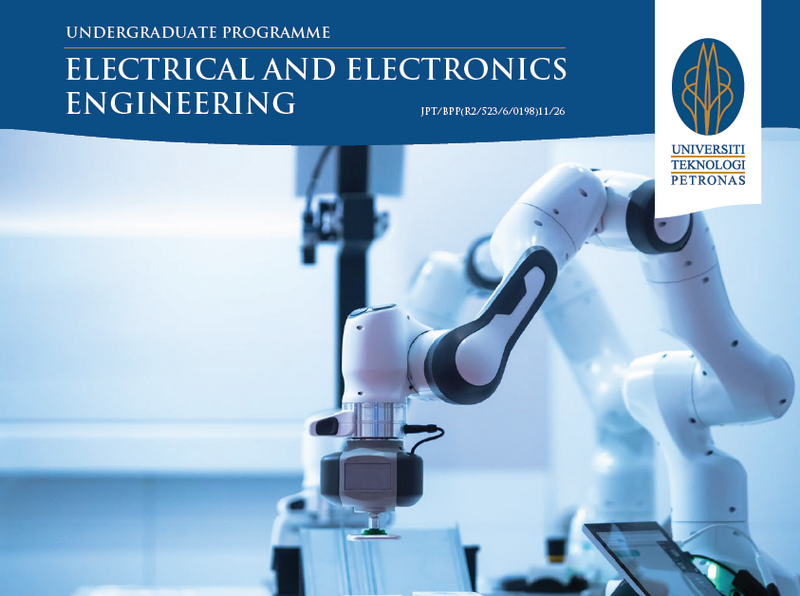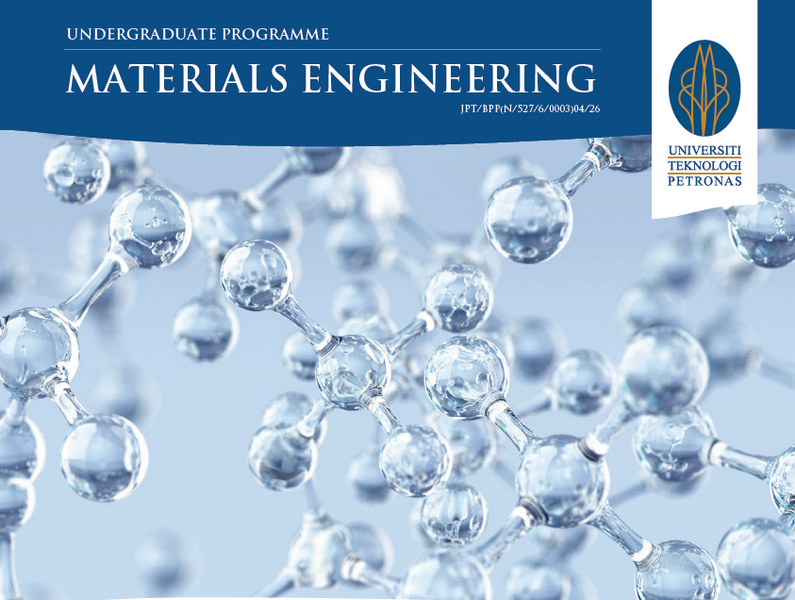Since its establishment on May 18, 1970, Universiti Kebangsaan Malaysia (UKM) has not only fulfilled the vision of its founding fathers to accord Bahasa Melayu as the language of learning and scholarship but has also successfully produced intellectuals and scholars who are among the nation’s pride.
Starting out with only three faculties, it has since grown into 13 faculties, 2 educational center, 13 research institutes of excellence and two commercial entities, UKM Holdings Sdn. Bhd. and UKM Technology Sdn. Bhd. It has thus grown not just in size, but also stature, becoming a research institute in various fields of study including operating various research centres.
Aware of the changes taking place in the academic landscape, UKM is taking steps to address them. One is through e-Learning to prepare students through innovative teaching and forward–looking curriculum to meet demands of the new economic needs. It nurtures research to provide solutions to pressing problems while also engaging with the community and industry, to strive for sustainable development both at the national and international levels.













